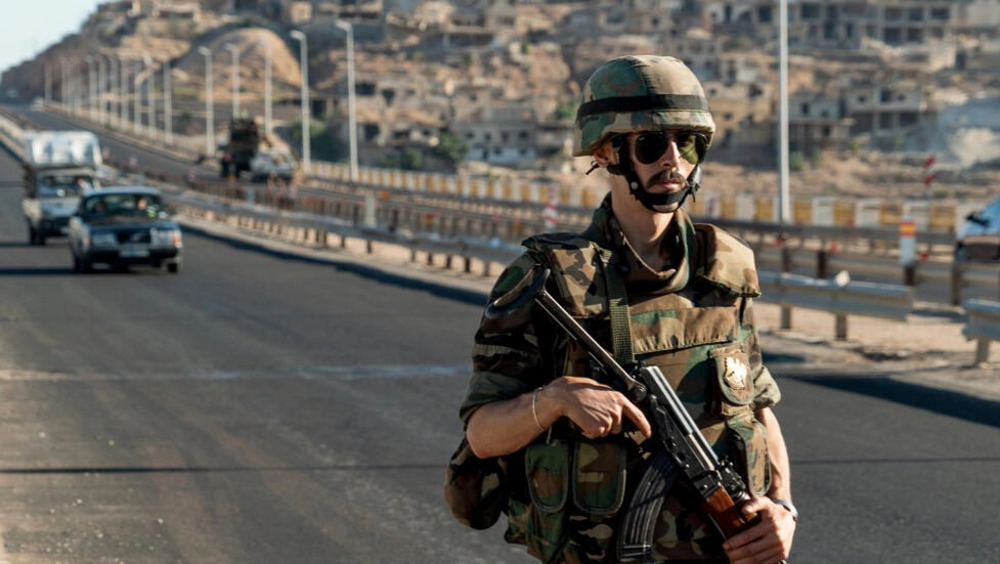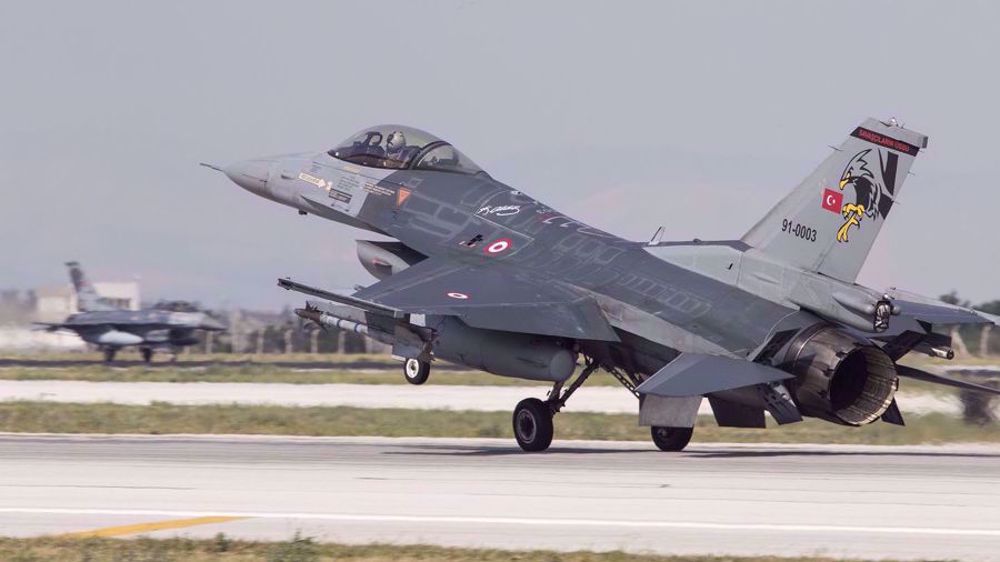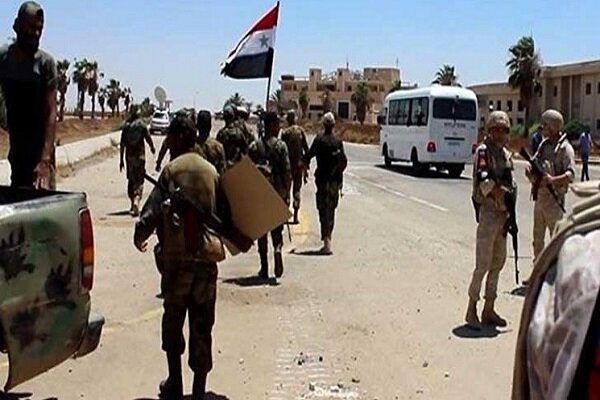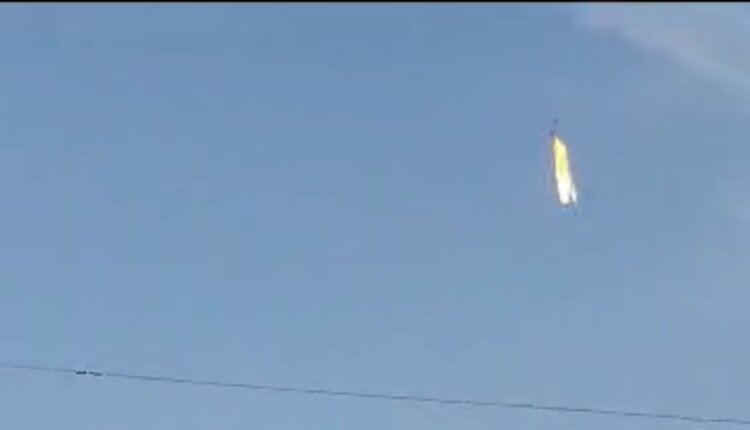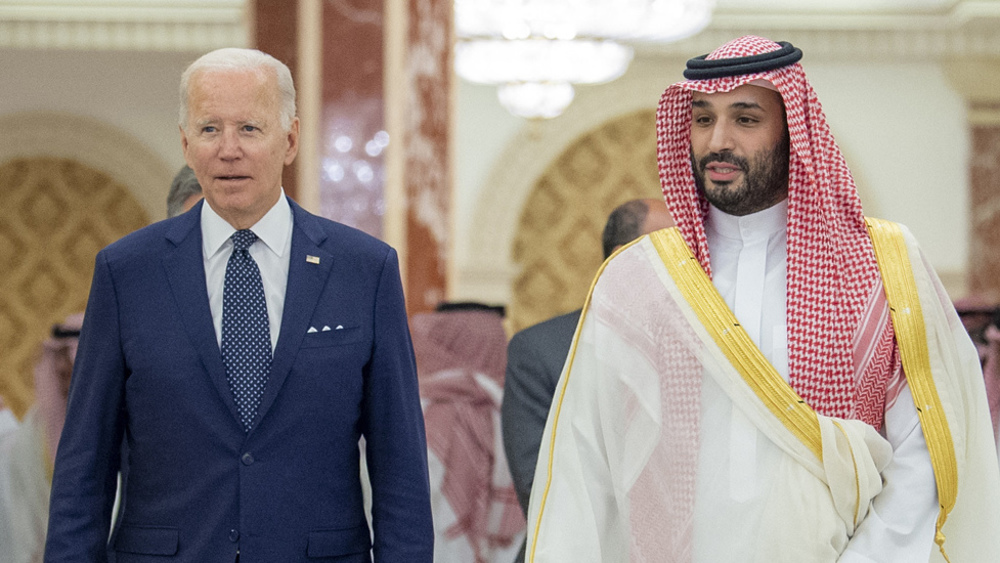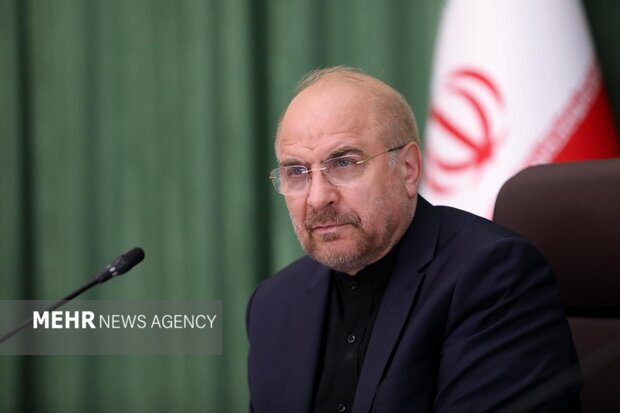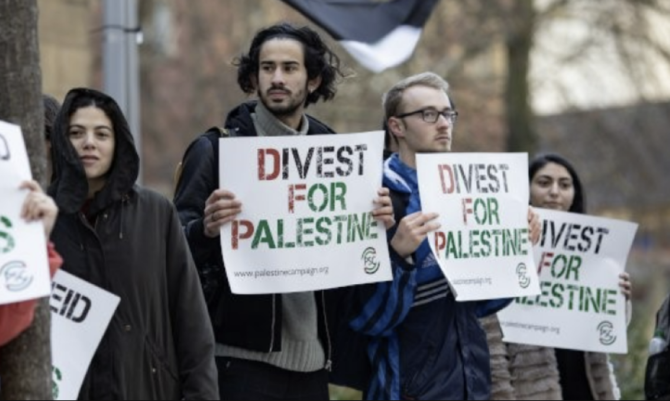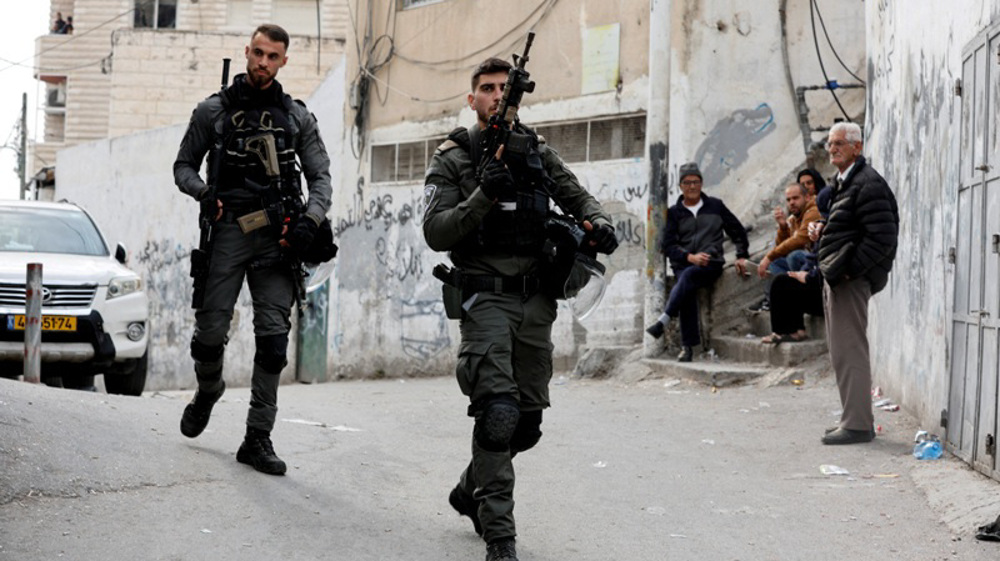A series of Turkish strikes on Kurdish targets has killed at least nine people in northeastern Syria, following a recent bomb attack on a government building in the capital Ankara.
A statement from the Kurdish force’s media center said on Thursday that the Turkish strikes on Hasakah province in the Kurdish-dominated northeast Syria “killed six members of the internal security” agency. A worker at a site in the province was also killed.
The Kurdish authorities’ statement also said “two civilians” were killed in a strike on a motorcycle.
Local residents and witnesses also saw black smoke rising from oil sites near Qahtaniyeh, close to the Turkish border.
Turkey regularly strikes targets in Syrian Kurds’ semi-autonomous region.
The strikes came after Ankara warned of more intense cross-border airstrikes, after concluding that militants who staged a weekend attack in the Turkish capital came from Syria.
A Kurdish commander denied on Wednesday that the Ankara attackers were trained in Syria or crossed into Turkey from Syria.
The outlawed Kurdistan Workers’ Party (PKK) claimed responsibility for the terrorist attack in Ankara, in which one attacker blew himself up and another would-be bomber was killed in a shootout with police. Two police were wounded in the attack.
The bombing, the first to hit Ankara in years, came almost a year after six people were killed and over 80 wounded in an explosion in a busy pedestrian street in central Istanbul on November 13, 2022.
Since Sunday, Turkey has been engaged in strikes on Kurdish positions in northeastern Syria and northern Iraq.
Turkey severed its relations with Syria in March 2012, a year after the Arab country found itself in the grip of deadly violence waged by foreign-backed militants, but now, after over a decade, the two neighboring countries are taking steps toward reconciliation.
In the meantime, Turkey deployed forces in Syria in October 2019 in violation of the Arab country’s territorial integrity.
Ankara-backed militants were deployed to northeastern Syria after Turkish military forces launched a long-threatened cross-border invasion in a declared attempt to push militants of the Kurdish People’s Protection Units (YPG) away from border areas.
Ankara views the US-backed YPG as a terrorist organization tied to the PKK, which has been seeking an autonomous Kurdish region in Turkey since 1984.
The Kurdish-led administration in northeastern Syria says the Turkish offensive has killed hundreds of civilians, including dozens of children, since it started.
Turkey, Iraq discuss joint steps regarding counterterrorism, border security
Turkey’s Defense Minister Yasar Guler and his Iraqi counterpart Thabet al-Abbasi discussed possible joint steps on counterterrorism and border security during talks on Thursday. Abbasi was visiting Ankara after Turkey carried out airstrikes in northern Iraq on targets Turkey says belong to the outlawed PKK.
Iraq has denounced the Turkish airstrikes and Iraqi President Abdul-Latif Rashid said he hoped to come to an agreement with Ankara to solve this problem.
“These violations are rejected by the Iraqi people, the (Kurdistan) region and all of Iraq’s inhabitants,” Rashid recently said in an interview. Such strikes sometimes killed civilians, including people visiting the region who “become victims of Turkish bombing,” he added.
Rashid said Baghdad hoped to come to an agreement with Ankara to resolve the issue in a manner similar to a security agreement Baghdad has inked with Tehran to deal with anti-Iran separatist groups in the Kurdistan region.
The PKK has carried out numerous operations against the Turkish government, calling for a Kurdish state within Turkey where it is blamed for the deaths of over 40,000 people. The group back-pedaled on its secessionist demands in the 1990s, calling instead on Ankara to give the people in Kurdish-dominated regions of Turkey more autonomy. The conflict between the two sides flared up again after a two-year-old ceasefire ended in July 2015.

